Symfony Controllers are the "glue code" that runs some logic and calls some services to serve each application route. They are a very stable piece of software that we rarely change. However, in Symfony 5.4 we've made some changes to controllers that may impact your applications.
Deprecated the Request::get() Method
Contributed by Roland Franssen
in #42392.The Symfony Request Object is an object-oriented representation of the HTTP request message. This object provides several methods to get information from the incoming request:
12 3 4 5 6 7 8 // retrieve information from $_GET $request->query->get('id'); // retrieve information from $_POST $request->request->get('category', 'default category'); // retrieve information from $_SERVER $request->server->get('HTTP_HOST'); // retrieve information from $_COOKIE $request->cookies->get('PHPSESSID');
In addition to these specific methods, there's a generic get() method that looks for information in path (routing placeholders or custom attributes), $_GET, and $_POST and returns the first value found:
12 // this information could come from route attributes, from $_GET or form $_POST $request->get('id');
The flexibility of this method could be useful in some edge-cases, but it's generally better to be explicit about where does data come from. That's why we've been discouraging the usage of this method from some years and in Symfony 5.4 we're marking it as private. You can still use it, but you'll see deprecation messages if you do, so it's better if you start upgrading your applications.
Deprecated Some Controller Shortcuts
Contributed by Fabien Potencier
in #42422
and #42442.In early Symfony versions, you could access all your application services from the controllers using the get() and has() methods:
12 3 4 5 6 7 8 9 10 11 12 13 14 15 16 // src/Controller/SomeController.php namespace App\Controller;
use Symfony\Bundle\FrameworkBundle\Controller\AbstractController; use Symfony\Component\HttpFoundation\Response; use Symfony\Component\Routing\Annotation\Route;
class SomeController extends AbstractController {
[Route(...)]
public function someAction(): Response
{
$doctrine = $this->get('doctrine');
// ...
}}
Later we removed this feature because accessing the entire service container in this way is considered an anti-pattern. Therefore, the get() method only allows access to a very limited set of services related to controllers. In Symfony 5.4 we're deprecating the get() and has() methods entirely. Instead, fetching services in controllers should use constructor or method injection. Besides, controllers provide a series of shortcuts for the most common operations. For example, to redirect to some route, you don't need to inject the UrlGeneratorInterface class to get the URL generator service. You can optionally use the redirectToRoute() shortcut:
12 3 4 5 6 7
[Route(...)]
public function someAction(): Response { // ...
return $this->redirectToRoute('...');}
In addition to this change, we reviewed the list of shortcuts to see if we should add or remove some. We decided to deprecate the following controller shortcuts because they are not directly related to HTTP operations: dispatchMessage() getDoctrine() Instead of using those shortcuts, inject the related services in the constructor or the controller methods.
Sponsor the Symfony project.Jelentkezéshez jelentkezzen be
EGYÉB POSTS Ebben a csoportban
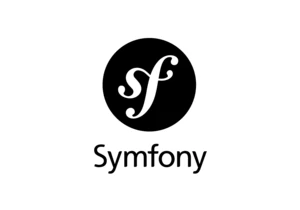
This week, Symfony 6.4.23, 7.2.8 and 7.3.1 maintenance versions were released. Meanwhile, the upcoming Symfony 7.4 version continued adding new features such as better controller helpers, more precisi
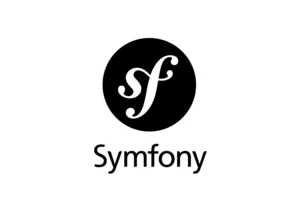
Symfony 6.4.23 has just been released. Read the Symfony upgrade guide to learn more about upgrading Symfony and use the SymfonyInsight upgrade reports to detect the code you will need to change in you
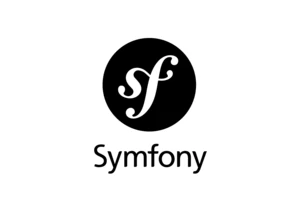
Symfony 7.2.8 has just been released. Read the Symfony upgrade guide to learn more about upgrading Symfony and use the SymfonyInsight upgrade reports to detect the code you will need to change in your
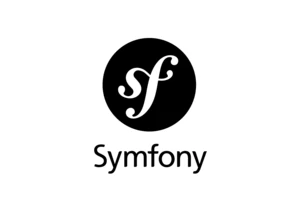
Symfony 7.3.1 has just been released. Read the Symfony upgrade guide to learn more about upgrading Symfony and use the SymfonyInsight upgrade reports to detect the code you will need to change in your
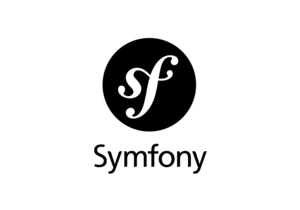
This week, development activity was intense, with many bug fixes in the maintained branches, numerous deprecation removals in the 8.0 branch, and new features added to the 7.4 branch, including tighte
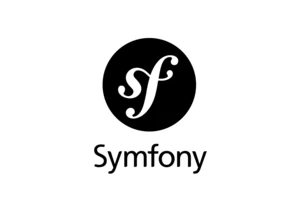
Thank you for joining us at SymfonyOnline June 2025!
What a great edition of SymfonyOnline we’ve just wrapped up! 🎉
We were thrilled to welcome 300 participants from 35 different countries—a
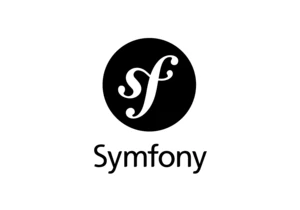
This week, Symfony celebrated the SymfonyOnline June 2025 conference with great success. Meanwhile, development efforts focused on improving invokable commands for the upcoming Symfony 7.4 version. Th
